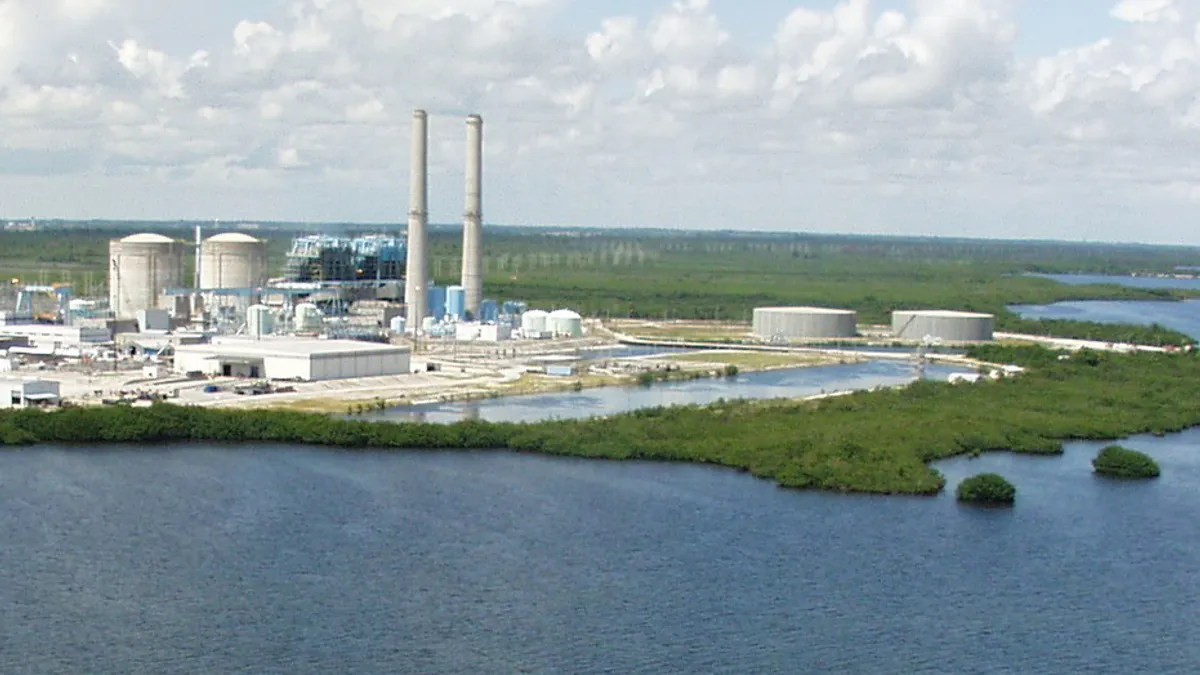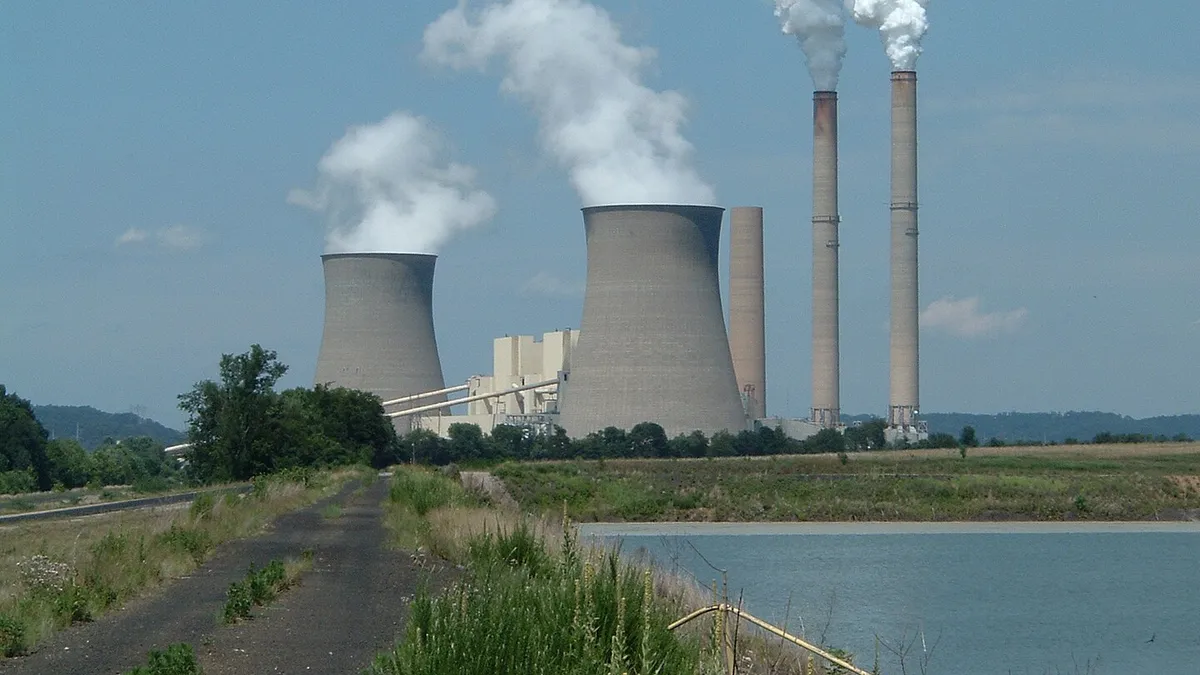Dive Brief:
- The U.S. Nuclear Regulatory Commission authorized its staff to issue combined licenses for two new reactors proposed by Florida Power and Light at the existing Turkey Point site, 25 miles south of Miami.
- However, there is a significant chance the new units will not be constructed due to the billion-dollar pricetag to construct a new reactor and competition from cheap gas. FPL officials say they will wait until the Plant Vogtle project in Georgia is complete to make a final decision.
- Federal officials in 2011 certified Westinghouse Electric's 1,100 MW AP1000 reactor design, but it now faces additional scrutiny in the face of project difficulties in South Carolina and Georgia.
Dive Insight:
Markets change but FPL appears to have already made its decision on the new Turkey Point reactors—though the utility has said it would continue the licensing process to keep options over.
FPL Senior Director Steven Scroggs told Miami Today in March "the economics don’t support us moving forward with the new units in the foreseeable future."
The costs to add about 2 GW at Turkey Point could reach $20 billion, a tough sell in this era of continued low gas prices. And projects in South Carolina and Georgia, both which utilize the AP1000 reactor design, have faced difficulties. In South Carolina the VC Summer plant was ultimately canceled, while Georgia regulators have opted to continue with the Vogtle expansion.
FPL spokesman Peter Robbins told the Palm Beach Post, “we are not going to be making a decision until that project is done."
In January, the mayor of Miami-Dade County also indicated the project would not move forward. Mayor Carlos Giménez sent a letter to the Board of County Commissioners regarding water reclamation at Turkey Point, noting that "conditions have changed" and the expansion "will not be constructed in the foreseeable future."
But FPL is moving forward with an application for a second license extension of the two existing Turkey Point units. The two reactors began producing electricity in 1972 and 1973, and a new license would allow them to operate until 2052 and 2053.
There have been previous concerns about the facility. Two years ago, Turkey Point faced scrutiny after a plume of salty water leaked from the plant into Biscayne Bay. In December, the Florida Public Service Commission unanimously voted to allow FPL to recover $133 million associated with canal cleanup at the nuclear facility.















